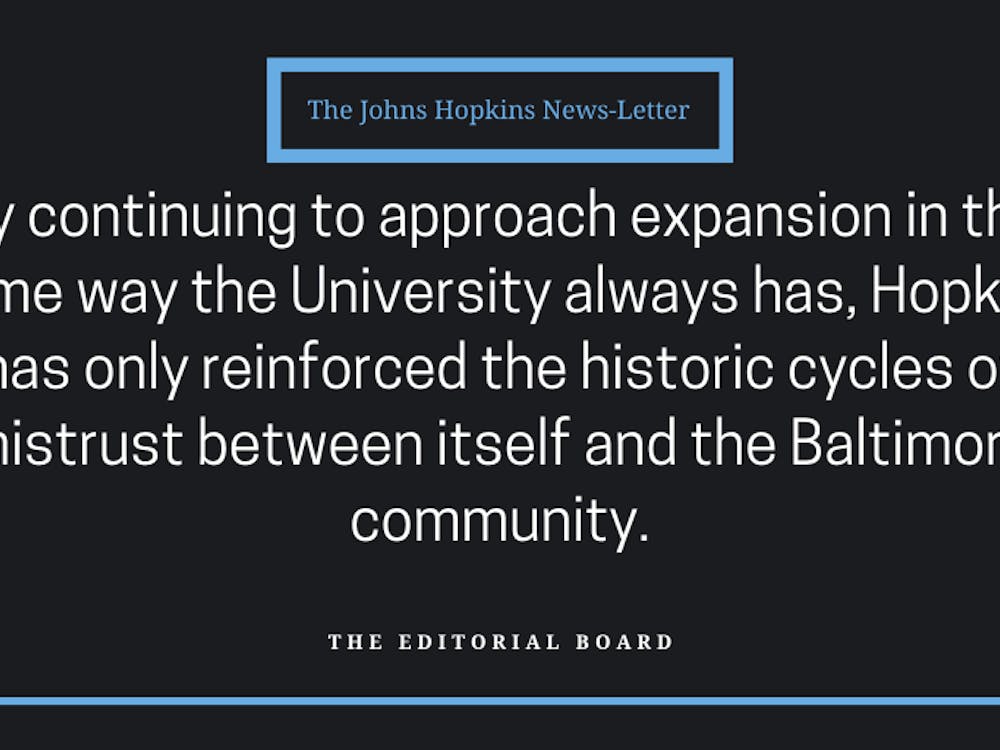Three weeks’ worth of misguided campaign strategies and unbecoming soundbites in the lead-up to this Tuesday’s election forecasted Romney’s downfall even before the race was called. In fact, the phrase “bleak prospects” would have seemed a gross understatement; by the morning of the election, the New York Times’ number-crunching guru Nate Silver had boldly pegged Obama’s chances of re-election at over 90 percent, and by 11:30 PM – before Florida and Ohio’s tallies had been finalized – none other than Fox News had declared a landslide victory for Barack Obama.
An unsurprising outcome, according to most prescient strategists and pollsters. But even if this year’s election was far from “too close to call,” Tuesday’s results undoubtedly afforded Americans a measure of political clarity – a kind of checkpoint where past and present-day electoral conditions could be thoroughly contrasted and evaluated, and the changing means of political self-identification for both parties could be analyzed and discussed. In other words, four years after the completion of Obama’s first presidential term, what has and hasn’t changed for Republicans and Democrats?
For Democrats, Election 2012 was a mixed bag. Weary liberals – sapped of last election’s fresh-faced, inspirational fervor – breathed only a collective sigh of relief after Tuesday’s results rolled in. Sure, voters who passionately stormed the polls in 2008 returned in dutiful defense of President Obama in 2012, but many observe a stark change in the tone of national and party discourse; without the sense of an aggressive, democratic mandate, much momentum seems lost in the face of bitter partisan fracture. Most agree that the enthusiasm surrounding Obama’s early years – once a force to be reckoned with – has weakened, though not without possibility of revival. But it isn’t all bad news; coming into Obama’s second term, a sense of progressivism persists, particularly given the recent legalization of marriage equality in states like Maine, Maryland, Minnesota and Washington.
For Republicans, the results of Tuesday’s election were accompanied with a discouraging sense of déjà vu – another reminder of the party’s enduring existential crisis, particularly when it comes to their fragmenting base of constituents. Behind the roar of victory on the part of Democrats, embarrassed and embittered Republicans face many pivotal questions about the future of the party and the longstanding ideological fissures that felled its fortunes again this November. They’re beginning to take a forced but firm look at themselves in the mirror – a self-reflexive gesture that might engender a new and necessary willingness among party guardians to pursue the complex process of Republican modernization.
Which isn’t to say that Republicans should entirely abandon conservative orthodoxy, only that it might be wise for them to re-examine their priorities and consequently reclaim their relevance in the national political arena. Already, there are promising indications that the crux of the party is beginning to reject the moral militancy that has, for too long, overshadowed more substantive subjects of political discussion – fiscal conservatism, for instance, rather than issues like abortion and birth control. Young Republicans in particular are beginning to recognize the role ideological pandering has played in marginalizing mainstream moderates and despoiling the big-tent principles that once were, and should continue to be, the cornerstone of American Republicanism.
The Grand Old Party, it seems, has been offered what is known in politics as a tabula rasa — a clean slate — that lays the foundation for the emergence of a more modernized bloc of constituents. And while it is unlikely that religious radicalism will ever be fully purged from the political scene, Republican leaders can, at the very least, aim to minimize more extreme social agendas in the non-partisan context of global economic crisis.
If not, the party’s self-imposed ideological rigidity will compromise their ability to stay afloat in present-day electoral conditions; they will have to reconcile the divide between the “Chablis” and “Budweiser” Republicans, or else make a clean break from one segment or the other. Moreover, they will have to consider reviving – and actualizing – the notion of big-tent Republicanism to expand their shrinking base of constituents, and accommodate a growing pool of swing-voters and self-identified independents. Considering these circumstances, failure to consolidate is not an option for Republicans — that is, if they want to avoid being thrown out with the bathwater.
In the end, two questions persist: Is the Republican Party ready to modernize? Or will it, once again, resume the same tooth-and-nail infighting that has characterized its politics for much of its modern-day existence?
Sonia Tsuruoka is a junior International Studies and Writing Seminars double major from Montclair, N.J. She is the political opinions columnist for TheNews-Letter.















Please note All comments are eligible for publication in The News-Letter.